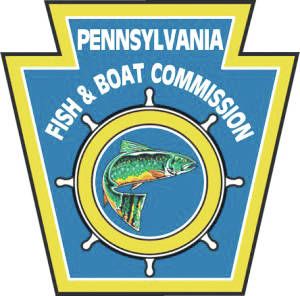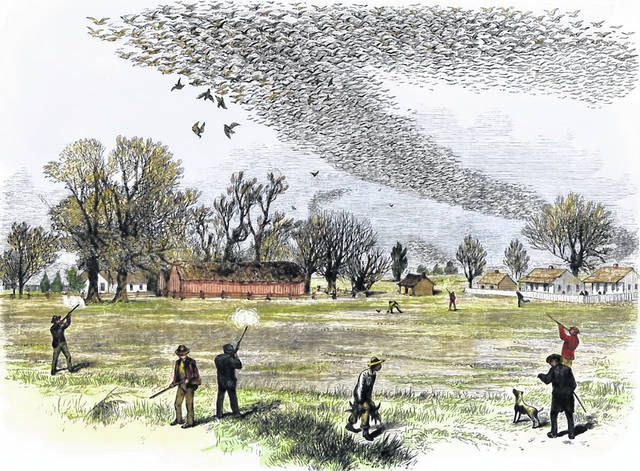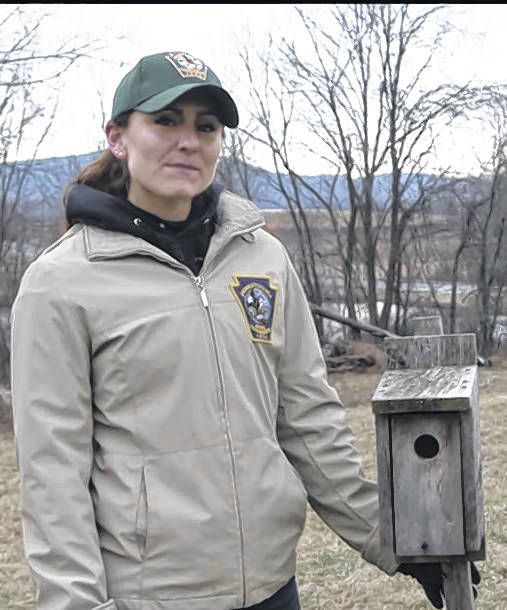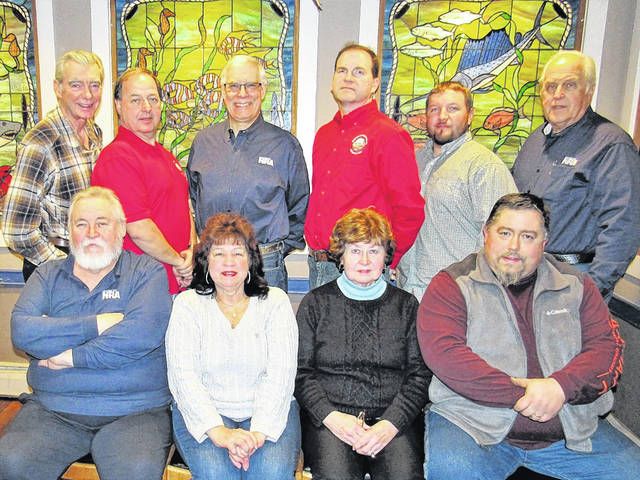Click here to subscribe today or Login.
The unfortunate incident last week involving a waterways conservation officer (WCO) with the Pennsylvania Fish and Boat Commission highlighted a misconception that has long plagued the law enforcement personnel of two state agencies.
I read and listened to several media accounts of the incident in which law enforcement officials said the WCO was on patrol along the Susquehanna River when he fatally shot a man after the suspect violently attacked and tried to drown him.
Soon after, the misconceptions began to surface. The WCO was called a game warden, wildlife officer and even a U.S. Fish and Wildlife Service officer. Some people were bewildered to learn that a “fish warden” carries a gun, and others believed he works for the Pennsylvania Game Commission.
It’s clear that the general public has no idea what the law enforcement personnel of the PGC and PFBC do, much less what they’re called.
It’s actually pretty simple.
Wildlife Conservation Officers work for the PGC, and Waterways Conservation Officers are employed by the PFBC. Both go through extensive and lengthy training before becoming a WCO, and they all have the authority to enforce the Game Code, Crimes Code and Vehicle Code, with the exception of summary offenses.
Essentially, a WCO is a police officer and their jurisdiction isn’t limited to State Game Lands and public property, but extends to anywhere in the state.
And they all carry firearms.
Mark Rutkowski, law enforcement supervisor for the PGC’s Northeast Region, said WCOs handle more than just hunting and fishing violations. They can conduct vehicle stops for suspected DUI incidents, handle drug cases, warrants and felons in possession of a firearm, among other things. And while a PGC officer spends most of his/her time patrolling game lands and remote areas, Rutkowski said they frequently come across drug cases and other dangerous situations. People using heroin in game lands parking lots is a big issue right now.
“The clientele has become much worse,” Rutkowski said.
And sometimes those occasions can turn deadly.
In 2010, Wildlife Conservation Officer Dave Grove was shot and killed after stopping two men at night for poaching deer. The shooter — a convicted felon at the time — told authorities that he “didn’t shoot a police officer. He was just a game warden.”
There’s no difference.
Rutkowski said PGC WCO’s receive the same training as most police, even more in some cases.
Prospective PGC officers attend a full year of training at the agency’s Ross Leffler School of Conservation in Harrisburg, while PFBC officers go through a year of training that culminates with six months at the H.R. Stackhouse School of Fishery Conservation and Watercraft Safety in Bellefonte.
Yet, despite the intensive training and jurisdiction and duties that replicate those of police, many people still don’t know what a WCO does, or even is.
“Even in the court system, they don’t understand what our authority is, especially in an urban area,” Rutkowski said, citing instances where assistant district attorneys have been reluctant to prosecute cases because they didn’t think a WCO had the authority to enforce the matter.
“We do have an identity crisis.”
Unfortunately, it takes incidents such as the one that occurred last week along the Susquehanna River to shed light on the problem.










